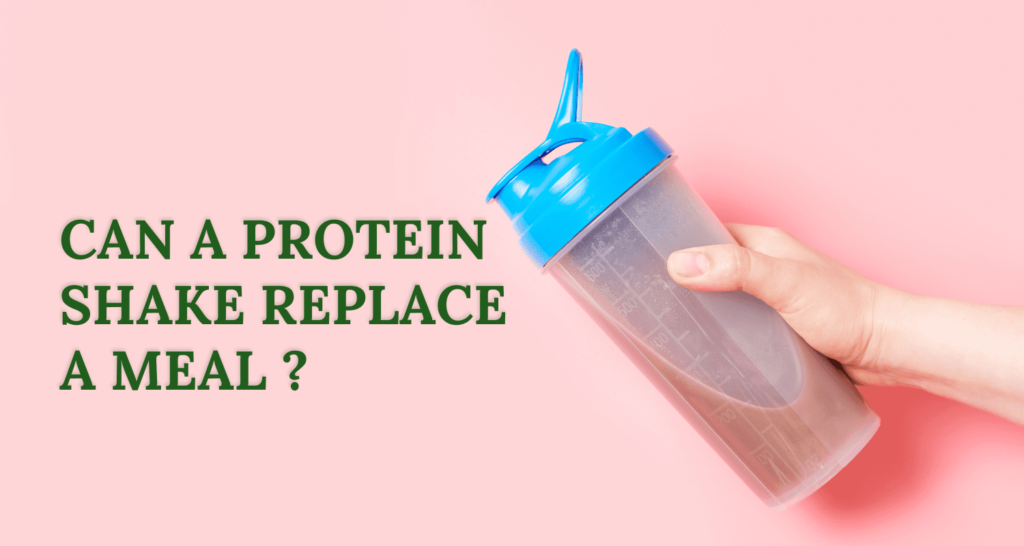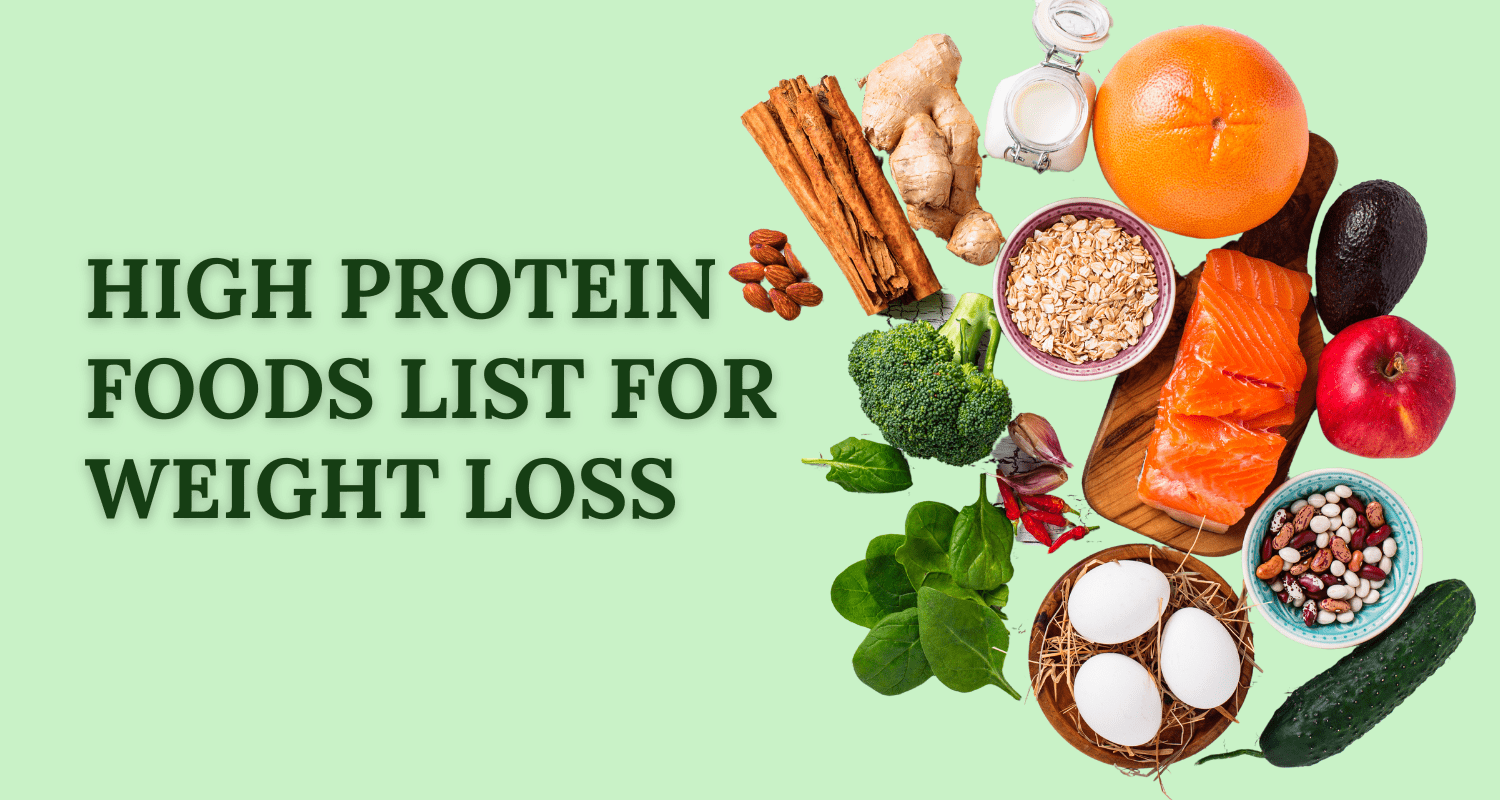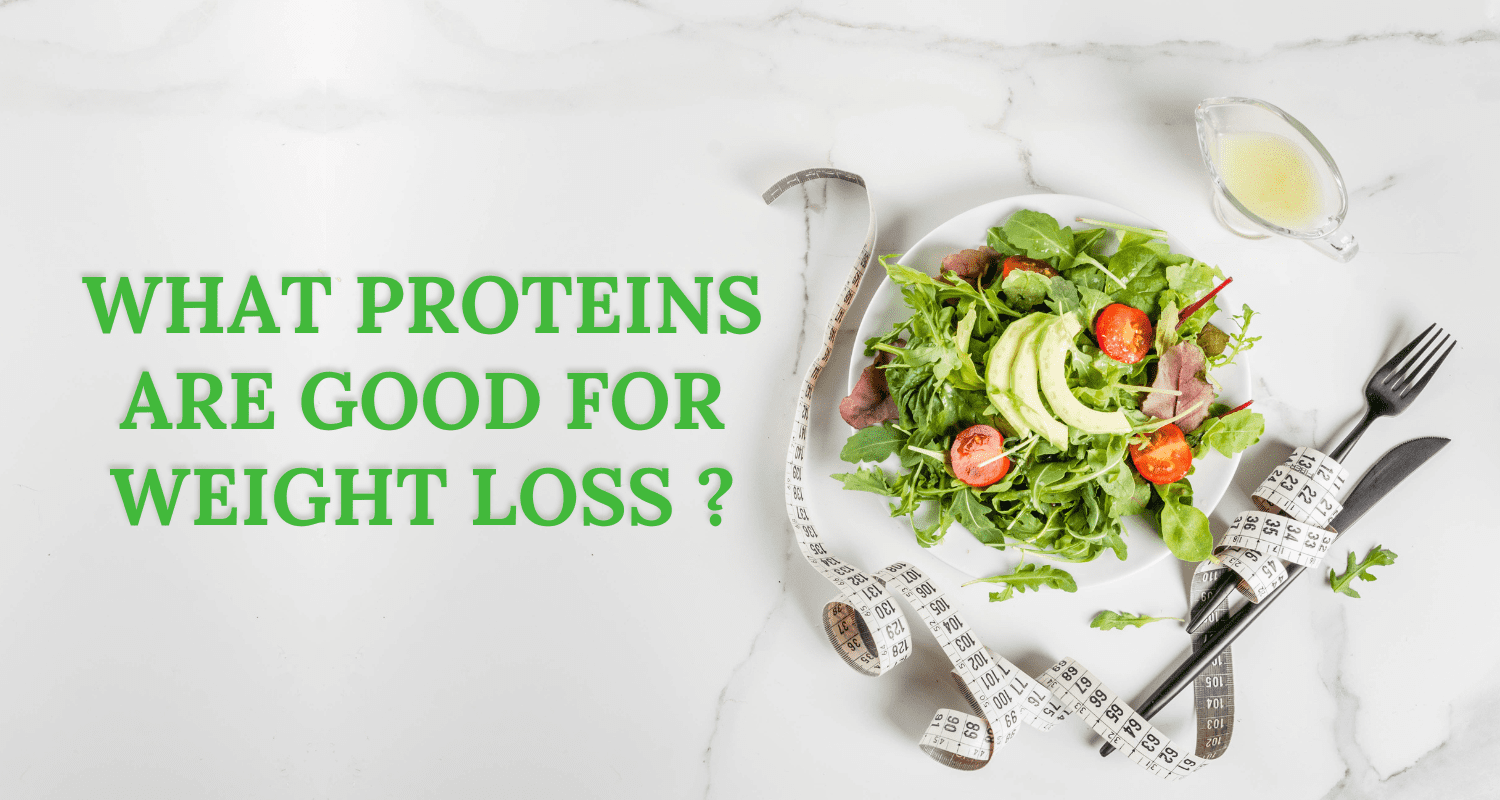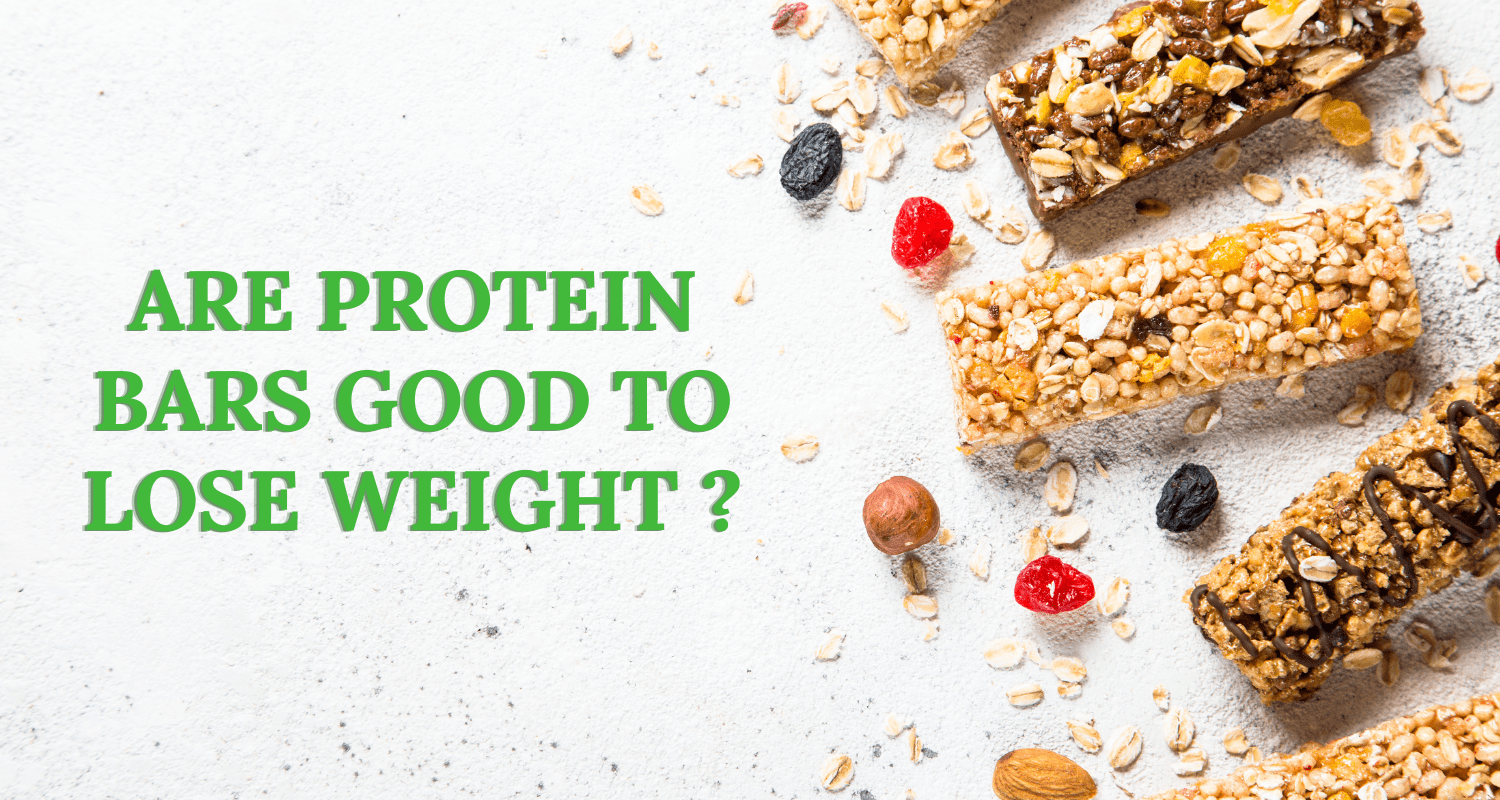Meal replacement shakes are becoming very popular. By 2032, their sales are expected to hit $23.2 billion. Many see these shakes as a simple way to plan meals and lose weight.
But can they really replace a meal?
In this article, we’ll discuss what meal replacement shakes are, can a protein shake replace a meal, and we’ll also explore the pros and cons of replacing meals.
Let’s delve into whether can a protein shake replace a meal.
Key Takeaways:
- Meal replacement shakes are a convenient option for those looking to reduce calories or simplify their meal planning.
- Can a protein shake replace a meal? These shakes can provide essential nutrients, but they may not offer the same satiety as whole foods.
- Using meal replacement shakes as part of a balanced diet and lifestyle is crucial for long-term success.
- Consulting with healthcare professionals or registered dietitians can help personalize a meal replacement shake plan.
- Meal replacement shakes should not be relied upon as a long-term or sole source of nutrition.
Ready to learn more about meal replacement shakes? Let’s find out if they can really take the place of a full meal.
What is a Meal Replacement Shake?
A meal replacement shake is a ready-to-drink or powder mix. It’s loaded with everything your body needs. That includes carbs, protein, fats, fiber, vitamins, and minerals.
Start by mixing the powder with water or milk. This creates a meal in a drink. They are meant to fully replace a meal. Some shakes can stand alone as your main food. Others work best with a few extra snacks or a meal.
Why are they so great?
Because meal replacement shakes are easy and fast. Perfect for busy mornings or post-workout refueling. They give you all the nutrients you need, with no hassle.
Meal replacement shakes are smartly made. They balance carbs, proteins, and fats just right. This helps with gaining energy, fixing muscles, and staying on track with weight goals.
Using these shakes means knowing exactly what you’re eating. They control how much and what kind of nutrients you get. This is key for watching your weight or managing your diet.
But remember, shakes are a supplement, not a meal plan. Always eat a mix of real foods too. Talk to a nutrition expert to make sure you’re eating right for you.
Pros of Using Meal Replacement Shakes
Meal replacement shakes are great for those wanting to manage their weight or simplify meals. They help people save time and make it easy to control calorie intake.
Here are the main benefits:
- Saves time: With meal replacement shakes, you can skip meal prep. Just mix a shake and go, saving valuable time.
- Controlled portion sizes: These shakes ensure you get the right amount of nutrients and calories. They help in portion control and tracking your intake accurately.
- Aids weight loss: They are a key tool in reducing overall calorie consumption. By replacing meals with shakes, you cut down on calories without missing out on nutrition. This method has been proven to help in losing weight faster.
Meal replacement shakes are an efficient choice for weight management. They help control portion sizes, cut down on meal prep, and assist in losing weight by reducing calories.
Cons of Using Meal Replacement Shakes
Meal replacement shakes come with benefits, but there are downsides too. Before adding them to your diet, know the possible drawbacks.
Limited Satisfaction and Increased Snacking
Meal replacement shakes might not fill you up like whole foods do. This can leave some people feeling hungry soon after drinking one. Then, they may snack more or eat too much.
Expensive and Lack of Fiber
These shakes might cost quite a bit, especially if you use them for a long time. They don’t always provide the fiber you’d get from a normal meal either. Fiber is key for good digestive health and keeping your bowels regular.
Transition Difficulties
Switching to a liquid diet is not easy for everyone. It’s hard for those who miss chewing or the enjoyment of eating solid food.
Potential Digestive Issues
Starting a protein shake diet could cause constipation. This is because your body needs time to adjust. Drinking plenty of water and eating high-fiber foods with your shakes can solve this problem.
Meal replacement shakes are handy for managing calories and losing weight. But, make sure you know both their good points and bad. To use them wisely, watch how satisfied you are, eat different healthy foods, and talk to your doctor.
Are Meal Replacement Shakes Healthy?
Meal replacement shakes can be good for you if used wisely. They help lose weight and give needed nutrients. But, don’t make them your only meal every day. Eat a variety of foods too.
Shakes are handy for busy people. They keep calories in check and provide important nutrients. Plus, they could have a lot of good stuff like protein and fiber.
Benefits of Meal Replacement Shakes
- They aid in shedding weight by controlling calories smartly.
- These shakes give your body the essentials it needs like protein, carbs, and healthy fats.
- They are quick and easy for people with hectic schedules.
But shakes alone aren’t enough for your health. Whole foods have nutrients shakes might not. This is why it’s key to eat fruits, veggies, grains, and lean meats too.
Liking the taste and keeping up with shakes is important. This makes sure you stick with your nutritional plan. Choose shakes that you enjoy and that fit your lifestyle well.
Meal replacement shakes can help manage weight in a healthy diet. Still, remember to eat other foods besides shakes. Using shakes wisely with other foods is the best way. And, talk to a diet expert for more personalized advice.
Protein Shakes for Muscle Building and Recovery
Protein shakes aren’t only for losing weight; they’re key for building muscle and helping muscles recover. They’re a great choice for anyone who works out a lot or plays sports. These shakes make it easy to get more protein, which helps meet fitness goals.
The Benefits of Protein Shakes for Muscle Building
For builders, protein shakes bring many gains. They give you top-notch protein fast, vital for fixing and growing muscles. After working out, a protein shake boosts your muscles with important amino acids for recovery.
This extra protein can keep your muscles strong, improve your power, and help grow muscles. Many lifters love whey protein because it’s absorbed quickly and has lots of key amino acids. It’s perfect for a shake right after your workout.
Protein Shakes for Weight Loss and Lean Muscle Mass
Shakes aren’t just for muscle lovers; they can aid in shedding pounds and better body shape too. More protein in your diet helps you feel full, cutting down on snacks and overeating.
Shakes also save muscle when you’re eating less to drop weight. Keeping up your protein when you’re cutting calories means your body uses fat for energy and holds onto muscle. This can help more of your weight loss from fat.
Protein Shakes for Breakfast and Beyond
Shakes can be a great breakfast, not just for recovering after a workout. They jumpstart your metabolism, keep your energy steady, and stave off hunger until your next meal.
They’re also super flexible. You can mix in fruit, veggies, fats, or grains to suit your tastes and needs. This makes a shake a complete meal that’s full of nutrients and keeps you full.
Incorporating Protein Shakes into Your Fitness Routine
Adding protein shakes to your exercise plan starts with picking the right powder. Whey is great for many because it works well and is easily used. But, there are also options for vegans, like soy and pea proteins.
Protein shakes are helpers, not replacements, for a varied diet and active life. Use them smartly, like after training or when you’re too busy for a regular meal, to help reach your fitness goals.
Different Types of Protein Powders
There are many protein powders for different needs. Are you aiming to bulk up, trim down, or stick to a specific diet? The right choice can help a lot in reaching your goal.
1. Whey Protein
Whey protein, from milk, is a favorite for its quick uptake. It’s perfect after a workout for muscle repair. It’s packed with amino acids essential for building and fixing muscles.
2. Casein Protein
Also from milk, casein protein gives a steady protein flow. This makes it perfect for night use or to control hunger all day.
3. Plant-Based Protein
A perfect fit for vegans or vegetarians is plant-based protein. Options like soy, pea, and rice boast top-notch protein without common allergens.
- Soy protein has all vital amino acids. It aids in muscle growth and fixes.
- Pea protein is loaded with BCAAs, easy on the stomach, and perfect for those allergic to dairy or soy.
- Rice protein is gentle on the body and often mixed with other plant proteins to boost its nutrition.
Choosing a protein powder should match your diet and goals. Make sure to read labels and look for quality checks to pick a trusted product.
How Much Protein Do You Need?
Protein is key for many body functions. How much we need depends on our age, sex, weight, and how active we are. In the US, it’s advised to get 10-35% of your daily calories from protein.
For weight loss, protein shakes are very helpful. They offer a quick way to get more protein and control calories. Swapping a meal with a protein shake helps cut down on calories for weight loss.
Looking to beef up your muscles? You’ll want to eat more protein. It’s crucial for repairing, growing, and keeping your muscles healthy. Getting enough protein helps your muscles recover and grow stronger.
Consulting a Healthcare Professional or Registered Dietitian
Picking the right amount of protein is personal. A healthcare pro or dietitian can help. They look at your health, exercise, and goals to give you the best advice.
Experts figure out how much protein you need and the best way to add it to your diet. They think about your allergies, food likes, and how you live.
Optimizing Protein Intake with Protein Shake Nutrition
Protein shakes are a great way to get nutrients. They come in many flavors and types. Pick one that meets your health aims and food needs. Make sure it’s low in sugar and fake stuff.
Think about what the shake is made of. It should have enough protein for your body’s needs. Remember, whole foods are important too. Shakes should just help you get more protein.
Benefits of Adequate Protein Intake
The right amount of protein has many perks. It helps you feel full, which is good for losing weight. It’s also key in keeping muscle when you cut calories or shed weight.
Protein is also about building and fixing muscles. If you exercise, enough protein can help your muscles get better, grow, and perform well.
Remember, everyone’s protein needs are different. Some people, like older adults or those with certain health problems, might need more. Always ask a healthcare pro or dietitian for their advice.
Creating a Balanced Shake for Weight Management
Protein shakes help with weight, but they must have more than just protein. Add in nutrients for your health and to reach your weight goals. Mix in various foods for a shake that fills you up and helps with your weight journey.
1. Choose a high-quality protein source
Protein is key for muscles, keeping full, and choosing the right type matters. Go for whey, casein, or plant-based proteins. Select based on your diet and needs.
2. Add fruits and vegetables
Increase your shake’s health by tossing in some fruits and veggies. Think about adding berries, bananas, and any leafy greens. They bring important nutrients and fiber, keeping you full.
3. Include healthy fats
Healthy fats make your shake satisfying and add vital nutrients. Use nut butter, chia seeds, or coconut oil. They help balance nutrients and boost your health.
4. Don’t forget about carbohydrates
Protein needs carbs for energy and to steady your blood sugar. Try adding oats, quinoa, or a bit of honey for taste.
5. Mindful of calories
Keep an eye on calories, especially from sugars. Everyone’s needs are different, so consider professional advice. Your shake should fit both your diet and nutrition plans.
Create a shake with these pointers for better health and managing weight. Remember, shakes are extra. Include a range of foods in your meals for the best results.
How to Incorporate Protein Shakes into a Healthy Lifestyle
Protein shakes can fit into a healthy lifestyle if you use them right. They are good for a quick meal or as a post-workout boost. Protein shakes give you key nutrients needed to manage weight.
But, they should never fully replace real, whole foods. Eating a mix of nutritious foods is crucial for your health.
So, here’s how to work protein shakes into your healthy habits:
- Use them as a meal replacement: A protein shake is a great breakfast swap. It keeps you full, gives you energy, and helps with losing weight.
- Support post-workout recovery: Have a protein shake after you work out. It helps your muscles repair and grow. This is an easy way to make sure you’re getting enough protein for recovery.
- Enhance nutritional value: Mix in fruits, veggies, and healthy fats. Nuts and avocado pack your shake with extra goodness. This makes your shake more wholesome.
- Pay attention to labels: Pick your protein shake wisely. Check the labels for protein, carbs, and fats. Avoid shakes loaded with sugar.
- Make your own: Try making shakes at home. Use good protein powder and fresh stuff. This way, you choose what goes in and how it tastes.
Think of protein shakes as a boost, not a diet substitute. Focus on daily exercises and healthy eating as your main health plan.
Common Mistakes to Avoid with Protein Shakes
Adding protein shakes to your diet? Knowing common errors can keep you on track. This knowledge helps you make the most of your protein shakes towards your weight and nutrition aims.
1. Relying on Protein Shakes as a Sole Source of Nutrition
Protein shakes are handy. It’s easy to only drink them, thinking you’re covered. But you miss out on key nutrients. Include various whole foods in your meals to stay balanced.
2. Be Mindful of High-Calorie and Sugary Additives
Beware of too much sugar and calories in ready-made shakes. These can block weight loss and push up your calorie count. Make your shakes at home with low sugar and calorie ingredients, if you can.
3. Consulting with Healthcare Professionals
Talk with a dietitian or doctor before diving into the shake world. They’ll help you match shakes to your body’s needs and keep your diet balanced. This ensures you make the right dietary choices.
4. Balancing Protein Intake with Other Macros
Protein alone won’t give you all you need. Include carbs and healthy fats. A shake should be part of meals that have varied nutrients to meet your body’s needs well.
5. Avoiding Overconsumption
Protein is vital, but too much isn’t good. It can stress your kidneys and cause other issues. Stick to the right amount of protein suited for you, based on your weight, activity, and health goals.
Steering clear of these pitfalls allows you to use protein shakes well. They can then efficiently assist in your journey towards better health and nutrition. But in the end, can a protein shake replace a meal, don’t solely rely on protein shakes, add essential nutrients to your diet.
Conclusion
Can a protein shake replace a meal? Protein shakes are great for managing weight and building muscle. They are convenient, packed with nutrients, and keep you feeling full. They help cut calories for those looking to lose weight.
Remember, in can a protein shake replace a meal, protein shakes alone should not be your only diet. It’s vital to eat a variety of whole foods too. They fill in the nutritional gaps that shakes might miss.
Also, don’t forget to stay active. Exercise is key to staying healthy and managing your weight.
Talking to experts, like dietitians, can help you tailor your diet and help you in-depth regarding whether can a protein shake replace a meal. They can make a plan that’s just right for you. This personalized approach is best for keeping up good habits in the long run.
FAQs
Can a protein shake replace a meal?
Yes, a protein shake can replace a meal, but it’s important to ensure it contains adequate nutrients like carbohydrates, fats, vitamins, and minerals.
Can you drink a protein shake instead of eating?
Yes, you can drink a protein shake instead of eating it, but it should be well-balanced to provide the necessary nutrition.
Can I replace one meal with a protein shake?
Yes, replacing one meal with a protein shake is common, especially for those looking to control calorie intake or support muscle recovery.
How many protein shakes to replace a meal?
Typically, one well-balanced protein shake is enough to replace a meal.
Can I skip a meal after a protein shake?
Skipping a meal after a protein shake is fine if the shake provides sufficient nutrients to keep you satiated and energized.
Will I lose weight if I drink 3 protein shakes a day?
You might lose weight if the total calorie intake from the shakes is less than your daily calorie expenditure, but it’s crucial to maintain a balanced diet.
Is it better to have a protein shake or a meal?
A meal is generally more nutritionally balanced, but a protein shake can be a convenient and effective alternative when properly formulated.
Disclaimer: This content, including advice, provides generic information only. It is not a substitute for a qualified medical opinion. Always consult a specialist or your doctor for more information. Nutrition Cult does not claim responsibility for this information.




